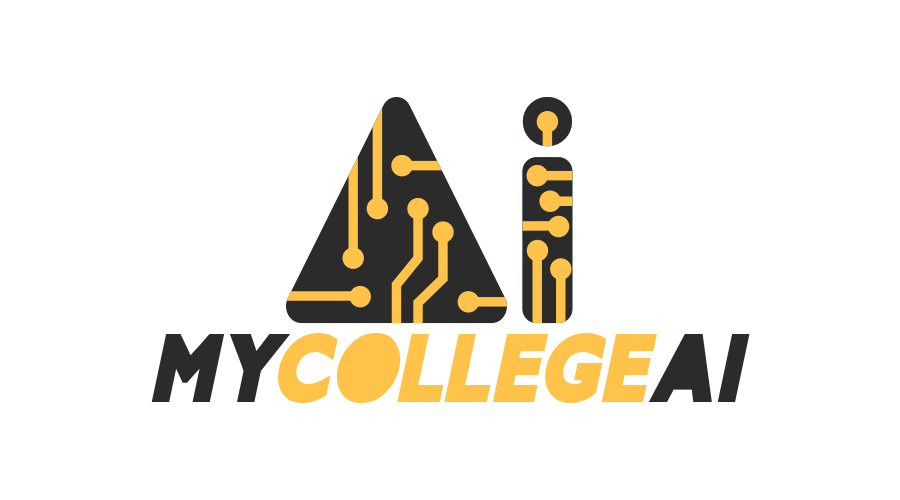The landscape of data science education has undergone a remarkable transformation over several years, reflecting the field’s rapid evolution. From its nascent stages to its present status as a cornerstone of modern business and technology, the journey of data science education encapsulates the growing recognition of data’s pivotal role in decision-making processes. This evolution is vividly illustrated in the progression of courses, including specialised programmes such as the data science course in Mumbai, which have adapted and expanded to cater to the industry’s evolving requirements and aspiring professionals.
The Early Days: Specialised Knowledge for a Few
In the early days, data science education was primarily targeted at individuals with statistics, mathematics, or computer science backgrounds. Courses were highly specialised and often confined to postgraduate studies or professional development programmes within these specific domains. The focus was on statistical modelling and basic data handling, with less emphasis on the broader applications of data science in business or technology.
The Emergence of Dedicated Data Science Programmes
As the digital revolution accelerated the generation of data, the demand for professionals skilled in navigating and interpreting this data surged. This demand sparked the creation of a dedicated data science course that aimed to equip students with a blend of statistical, analytical, and computational skills. These programmes were among the first to integrate teaching on machine learning algorithms, data visualisation techniques, and practical applications of data science in various industries.
Integration of Business Acumen and Soft Skills
Recognising the importance of data-driven decision-making in business, data science education began to incorporate elements of business acumen and soft skills into the curriculum. Courses started to emphasise the technical aspects of data analysis and the ability to communicate findings effectively, work collaboratively on projects, and understand various ethical implications of data usage. This holistic approach aimed to prepare well-rounded data scientists capable of leading data-driven initiatives within organisations.
The Rise of Online and Accessible Learning
The proliferation of various online learning platforms and resources has significantly democratised data science education, making it accessible to a wider audience. From MOOCs (Massive Open Online Courses) to part-time boot camps and a full-time data science course, learners now have a plethora of options to choose from based on their learning preferences, schedules, and career goals. This accessibility has played a paramount role in bridging the skill gap in the data science workforce.
Specialisation and Advanced Studies
With the maturation of the field, data science education has seen a trend towards specialisation and advanced studies. Courses now offer modules or tracks focused on specific areas such as artificial intelligence, deep learning, natural language processing, and big data technologies. An advanced data science course, including those offered in tech hubs like Mumbai, caters to professionals seeking to deepen their expertise in particular domains of data science.
Industry Collaboration and Real-world Application
Modern data science courses increasingly incorporate industry partnerships and real-world projects into their curricula. These collaborations allow students to apply their learning to practical problems, gain hands-on experience with tools and technologies used in the industry, and understand the nuances of implementing data science solutions in real business contexts. The data science course in Mumbai and similar programmes often highlight these experiential learning opportunities, bridging the gap existing between academic learning and industry needs.
Adapting to Emerging Technologies and Methodologies
As new technologies and methodologies emerge, data science education continues to evolve. Courses now include training on cloud computing platforms, data ethics, governance, and emerging fields like edge computing and IoT (Internet of Things) analytics. This constant adaptation ensures that data science education remains relevant and up-to-date with current industry trends and technologies.
Conclusion
The evolution of data science courses over the years mirrors the dynamic nature of the field itself. From specialised academic pursuits to accessible online programmes and industry-focused curricula, data science education has expanded its reach and depth to prepare a new generation of professionals. As data continues to drive innovation and strategic decision-making across sectors, the demand for skilled data scientists will undoubtedly persist, further shaping the future of data science courses, including those in prominent educational hubs like Mumbai.
Business name: ExcelR- Data Science, Data Analytics, Business Analytics Course Training Mumbai
Address: 304, 3rd Floor, Pratibha Building. Three Petrol pump, Lal Bahadur Shastri Rd, opposite Manas Tower, Pakhdi, Thane West, Thane, Maharashtra 400602
Phone: 09108238354,
Email: enquiry@excelr.com

